
Inform Your Activism: Librarians’ Role in Protest
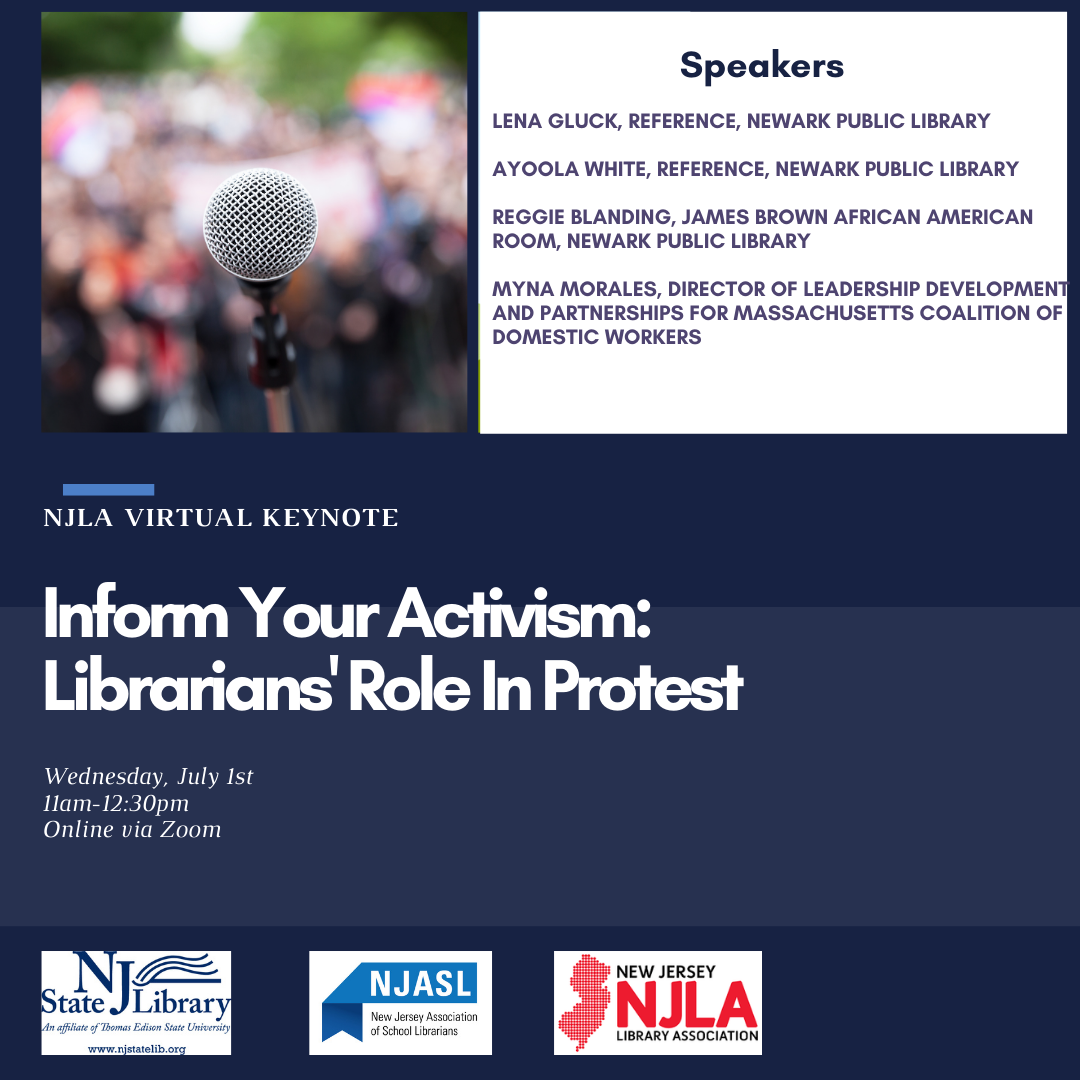
By Eric Schwarz
“While not all librarians are activists in their lives, all librarians impact the lives of activists in their community. And therefore we are connected to activism whether we choose to be or not.”
With that statement, librarian Lena Gluck led NJLA’s virtual keynote on July 1, “Inform Your Activism: Librarians’ Role in Protest.” Gluck, a Reference Librarian at Newark Public Library (NPL), moderated the program. The other members of the panel were two of Gluck’s colleagues at NPL, Ayoola White and Reggie Blanding, as well as Myrna Morales, Director of Leadership Development and Partnerships for the Massachusetts Coalition of Domestic Workers.
The panel discussed how and why libraries are places of activism (and library workers are activists), how libraries have (and have not) been places of activism in the past, arguments for being an activist, and tips on organizing and protesting safely and effectively.
“Libraries have never been neutral,” Gluck said. “Our history includes exclusion and segregation of Black communities … Library desegregation was due not to libraries’ own actions, but rather to Black activists engaging in civil disobedience against segregated libraries.”
“We have power whether or not we want to have it,” said Gluck, who uses the pronoun “they.” “So it’s our ethical obligation to use our power in the service of liberation rather than oppression.”
“Librarians have professionally organized against the Patriot Act in the early 2000s, provided a safe haven for activists and their families in Ferguson (Missouri), and have distributed materials to undocumented people about avoiding ICE (U.S. Immigration and Customs Enforcement),” Gluck said.
Libraries as workplaces should protect workers who engage in organizing and activism, they said. “If you would fire a worker for getting arrested at an action, you don’t support protester safety.”
Librarians should support the safety of protesters as a form of information activism, said Gluck. As an example, they said that librarians should refer questions about protests to the websites of the organizers, not to the police.
Libraries have a special obligation to the community, said Morales, who is studying the relationship among trust, libraries, and democracy as a Ph.D candidate at the University of Illinois at Urbana-Champaign. “People don’t protest libraries (because) they feel cared for by libraries. Not librarians, but libraries."
White, a Reference Librarian at NPL, said that she was inspired to become a librarian after she saw how the Ferguson (Missouri) Public Library supported the protesters after the killing of Michael Brown in 2014.
“Growing up I had always gone to my public library and just checked books in and out,” she said. “(I) didn’t know that they could do things such as, they open when other government organizations close, providing mental health resources, (and) providing space for protest art, which are all things that the Ferguson Public Library did.”
“In light of recent events there have been a lot of book lists circulating,” White said. “While these are good, people think that just by reading the books or sharing the book lists, you’re automatically doing the work,” she said.
“People often don’t really question what are on those lists. I’m thinking in particular about the conversations that Myrna (Morales) has mentioned with abolishing prisons or abolishing the police,” White said. “And people may be under the impression that just because they have heard of it recently that it’s a brand-new idea when it’s actually something that’s been discussed and theorized for decades at this point.”
The panel discussed the importance of safety for activists.
Gluck said that they had been at actions where protesters had been physically assaulted, but that physical violence can take other forms as well, such as armed police stationed at the event, and neo-Nazis yelling Holocaust apologism to Jewish protesters.
Morales said that she has been involved in events where there is physical violence, which typically occurs at the end of the event, when police try to kettle (corral) the crowd. She said that it is important to have a buddy at the event and to tell your friends and family the details of the event beforehand.
The discussion included multiple tips on how activists can remain safe and protect their anonymity.
“If it is a protest that you find out about on social media it is best to avoid posting that you are going on social media,” White said. “People use that to dox you.” Doxxing is a form of harassment in which the identity of a person is revealed by piecing together bits of information on that person available online.
Protesters should be aware of stingray portable devices, used by police to collect information from the protesters’ cell phones during an event. According to a Sacramento Bee infographic, stingray devices collect the locations of connected phones, as well as historical data about phone calls, texts, and location, and some models can capture voice communication, data, and text messages.
Since a protester’s electronic data link to others, that person has an obligation to protect that information not only for himself/herself/themselves, but for members of that person’s community, Morales said.
“If they can get your information they can get the information of people you’re connected to,” Gluck said. They suggested the following alternative tools, which have features to promote anonymity:
- Signal rather than your regular messaging app. Signal is encrypted and offers automated deletions after a period of time specified by the user.
- CryptPad instead of Google Docs.
- The Tor browser with the search engine Duck Duck Go instead of Safari with Google.
Blanding, a Librarian in the James Brown African-American Room at NPL, also recommended that protesters at an event enable encryption on their phone and dress for anonymity. Wearing a mask to protect against COVID can also help protect a person’s identity, he said.
Gluck also recommended deleting data that are no longer needed. “No one can find information that doesn’t exist. … If you make it hard for (doxxers) to get that information they’ll lose interest. You need to make it as difficult as possible for people to get that information online.
“I was doxxed by some neo-Nazis and had to quickly scrub all of my information offline, especially from those people's-searching sites. The less information that is easily accessible the less likely the harassment campaigns will get too big to handle. I luckily had folks in my life who knew how to get off those different sites. … Not everyone has that information available.”
Gluck advised that people should “never do any sensitive organizing on Facebook.”
“When I was getting doxxed the first thing I did was delete my Facebook. And I’ve never gone back to it. My life is much more peaceful without having to worry about awful data mining and collection in general.
“You have to be careful with what you’re posting on any medium in which they make money off of your information.”
For people who must use Facebook for professional reasons, Gluck suggests a separate profile for activism work, with less information shared.
“Librarians should be familiar with these principles, both modeling and practicing responsible information security especially since we have so much personal information on our patrons.”
White concurred that it is wrongheaded to think “I’m not doing anything wrong or illegal, so I don’t need to be concerned with surveillance.”
White added: “It’s important for us to understand what information is out there about us, and how we can control it.” She recommended taking these steps:
- Make sure that your information is not available on background check websites, which can reveal where you have lived in the past and whom you’re related to.
- Use password managers.
- Use encrypted email services, such as ProtonMail and Riseup.
Protesters should be wary of not only the police, but government in general, Morales said. On its website, the U.S. Federal Bureau of Investigation (FBI) states that it operated COINTELPRO, short for Counterintelligence Program, from 1956 to 1971. Government surveillance continues to this day, Morales said, and the COINTELPRO moniker has stuck.
The FBI’s first Director, J. Edgar Hoover, was a clerk and cataloger at the Library of Congress who used his library training to create metadata to track his adversaries while he was FBI Director.
“Hoover used metadata to create instabilities within the Black community, and it’s well-documented, if you read the book F.B. Eyes,” she said. “(The author) documents the way that J. Edgar Hoover took on (ghostreaders) and implemented them in strategic spaces and the Harlem Renaissance and Black literature to create that instability.
“As librarians we have the tools and resources to dismantle COINTELPRO and other kinds of governmental programs and state programs that create instabilities within our movements.”
During the presentation White acknowledged the Native people whose unceded land is now occupied by Americans in Northern New Jersey, in particular the Delaware people, also known as the Lenape/Lenni-Lenape or Hudson people. Morales commented that she was speaking from Massachusetts land once held by the Massachusetts, Mashpee, Acquinnah, and Nipmuck peoples.
A recording of the session is available at: https://us02web.zoom.us/rec/share/w-l8Puvh2ERLWIHhzETzcbw8Ad7qeaa8hCIe8vUPyU1pj6d8RtggqvE5b15IbbX_ (password 6U&5h4@M).
The sponsors of the virtual keynote were: the NJLA Professional Development Committee, NJLA Administration & Management Section, NJLA Reference Section, NJLA Children’s Services Section, NJLA Young Adult Section, NJLA Diversity & Outreach Section, NJLA Librarians of Color Roundtable, New Jersey Association of School Librarians, and the New Jersey State Library.
Email addresses for the speakers:
- Lena Gluck, Reference, Newark Public Library (lgluck@npl.org)
- Ayoola White, Reference, NPL (awhite@npl.org)
- Reggie Blanding, James Brown African American Room, NPL (rblanding@npl.org)
- Myrna Morales, Director of Leadership Development and Partnerships for the Massachusetts Coalition of Domestic Workers (myrna@riseup.net)
Top of Page | Table of Contents |

 Theresa Agostinelli
Theresa Agostinelli

 by Shane Smith, Public Information Officer
by Shane Smith, Public Information Officer


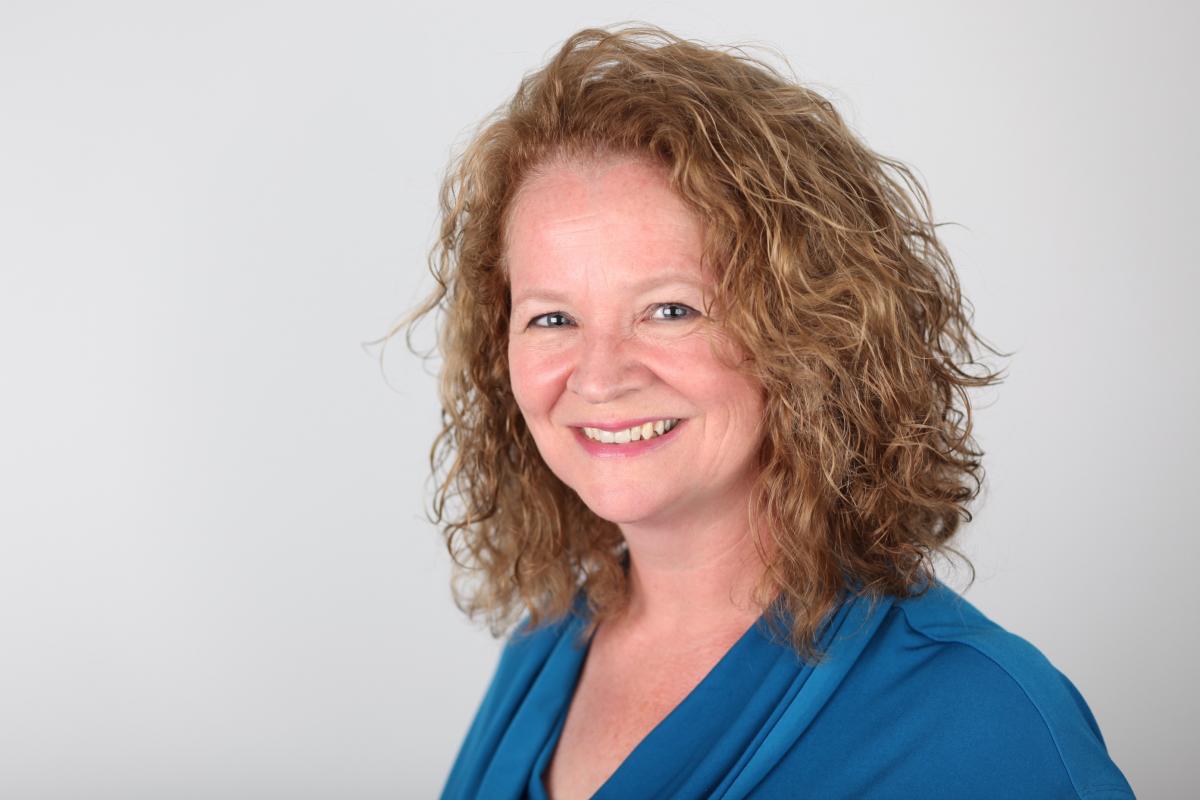

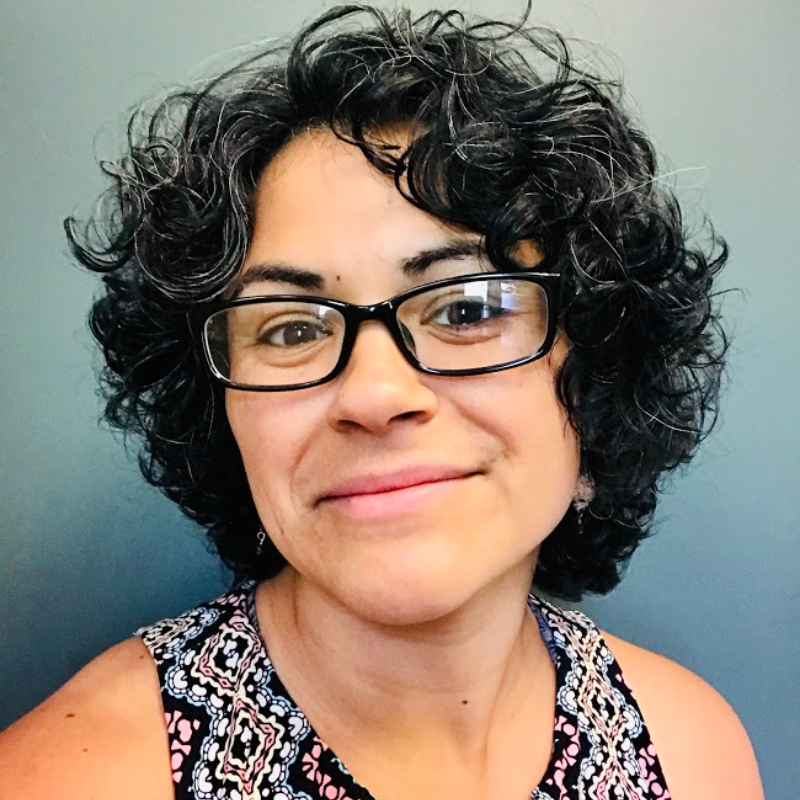

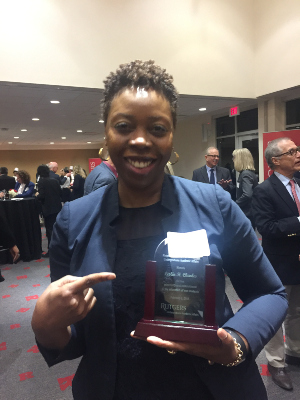 Leslin Charles, Instructional Design Librarian
Leslin Charles, Instructional Design Librarian



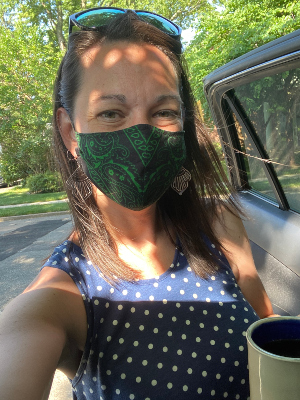

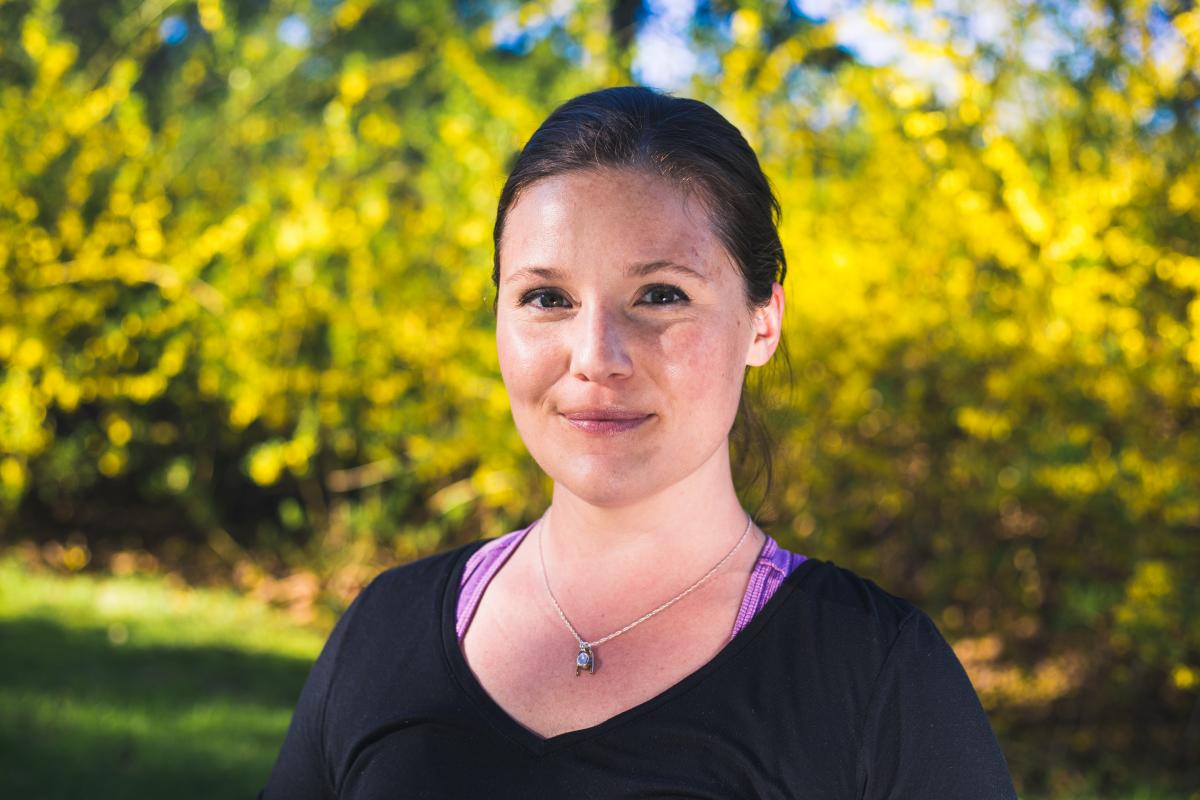 Hilary Westgate
Hilary Westgate



